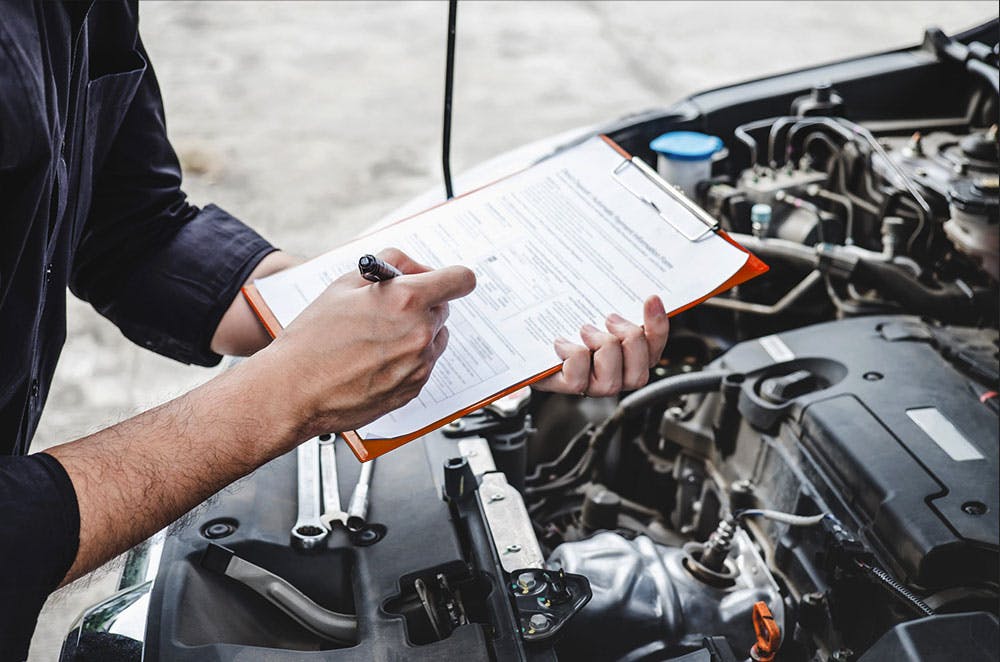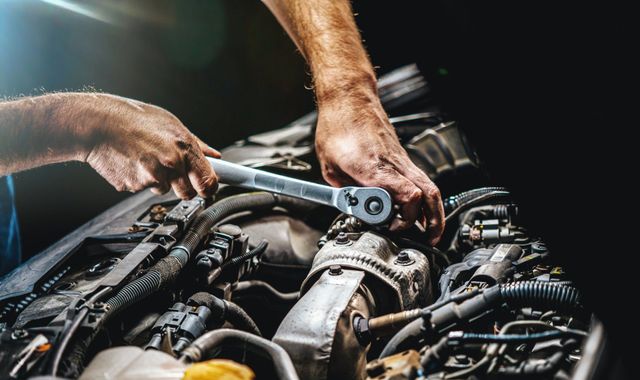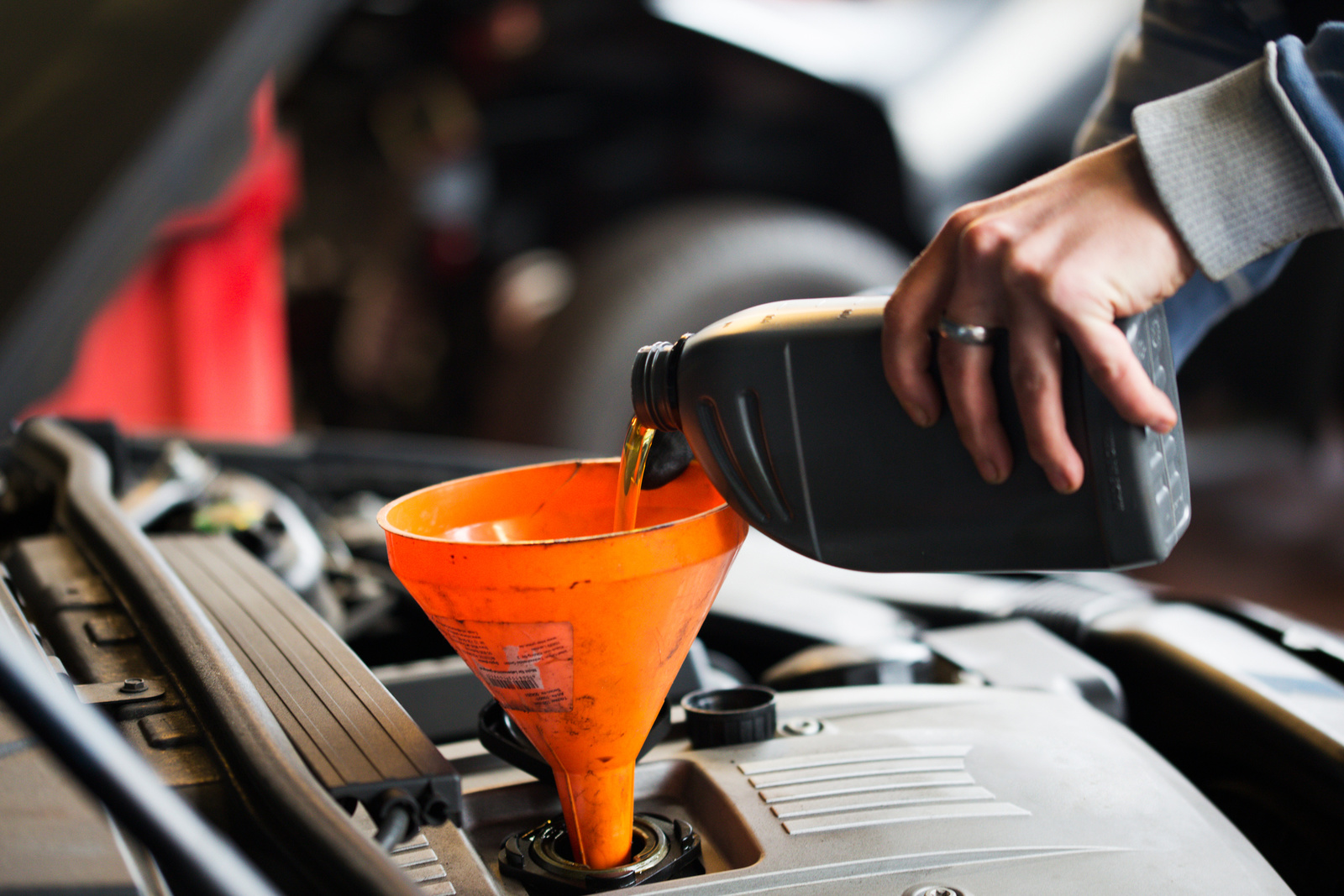All Categories
Featured
When your auto gets too hot, it can really feel like a major emergency, however remaining tranquil and following the appropriate actions can avoid significant engine damage and assistance obtain you back on the road securely. In this article, we'll explore what to do if your auto overheats and supply preventative tips to decrease the risk of overheating in the future.
What to Do If Your Vehicle Gets too hot. If your auto begins to get too hot is to draw over to a risk-free place as quickly as possible, pull Over to a Safe Place The initial and most important action. Activate your hazard lights and lead your automobile to the shoulder or into a car park. Maintaining your automobile running while it's overheated can cause severe damage to the engine, so it's critical to shut the engine off today.
Allow the Engine Cool Off Once you have actually securely stopped, permit the engine to cool down. You ought to never ever try to open up the radiator cap while the engine is still hot, as the release of steam or hot coolant can create burns. Wait a minimum of 15-20 mins to allow the engine temperature level to go down to a more secure degree prior to proceeding.
![]()
Inspect the Coolant Level After the engine has actually cooled, inspect the coolant degrees by examining the reservoir or radiator. If it's low, leading it off with a mix of coolant and water (as specified by your lorry's supplier) Always use caution when opening up the coolant tank, as pressure may have developed up.
Seek Noticeable Leaks While you wait for the engine to cool, visually check the radiator, tubes, and coolant storage tank for any visible leakages or cracks. A leaking radiator or hose pipe is a common reason of getting too hot. If you locate a considerable leakage, it's much better to call a tow solution than threat driving even more and creating extra damage.
Reactivate the Engine After allowing the engine to cool down and making sure the coolant is rounded off, start the engine and keep an eye on the temperature level gauge. If the temperature remains to climb rapidly, it's finest to shut the engine off and call for roadside aid or a tow to the nearby mechanic.
![]()
How to avoid Getting Too Hot in the Future. Frequently Inspect Coolant Degrees One of the simplest methods to stop overheating is by maintaining the ideal degree of coolant. With time, coolant can evaporate, so routinely check the coolant degrees in the tank. Low coolant levels can trigger the engine to overheat promptly, so leading it off as required.
Examine the Radiator The radiator plays a vital function in keeping the engine cool. Periodically inspect the radiator for any clogs, dirt, or debris that could block air flow. If you see any type of indications of damages, such as rust or leaks, have it repaired or replaced immediately.
The thermostat manages the flow of coolant, while the water pump distributes it with the engine. If either part is faulty, it can stop proper cooling.
Flush the Cooling System In time, coolant can break down and come to be ineffective, causing a buildup of debris in the system. Flushing the air conditioning system every 30,000 miles, or as suggested in your automobile's guidebook, helps to get rid of any type of sludge or build-up and makes certain the cooling system is working properly.
Screen the Condition of the Tubes The pipes in your vehicle's air conditioning system can wear or crack over time. Inspect the pipes for any type of signs of wear, such as bulging, cracks, or leakages, and change them if needed. Avoiding coolant leakages can go a lengthy way in preventing overheating.
![]()
Drive Responsibly Aggressive driving, such as speeding up rapidly or driving at broadband, places additional pressure on your engine and its cooling system. Try to drive at modest speeds, especially on hot days or when driving on steep inclines, to minimize the opportunities of overheating.
Prevent Straining Your Lorry Lugging too much weight in your automobile places stress and anxiety on the engine and air conditioning system. Constantly bear in mind your automobile's weight restriction, specifically if you're carrying hefty tons, towing a trailer, or driving fars away in hot weather.
Conclusion. An overheating auto can be a frightening experience, but recognizing just how to respond and prevent it can conserve you time, money, and prospective engine damages. Always examine your coolant levels, inspect vital elements like the radiator, thermostat, and tubes, and adhere to a routine maintenance schedule. By remaining on top of your lorry's air conditioning system, you can reduce the threat of getting too hot and take pleasure in a smoother, more secure driving experience.
What to Do If Your Vehicle Gets too hot. If your auto begins to get too hot is to draw over to a risk-free place as quickly as possible, pull Over to a Safe Place The initial and most important action. Activate your hazard lights and lead your automobile to the shoulder or into a car park. Maintaining your automobile running while it's overheated can cause severe damage to the engine, so it's critical to shut the engine off today.
Allow the Engine Cool Off Once you have actually securely stopped, permit the engine to cool down. You ought to never ever try to open up the radiator cap while the engine is still hot, as the release of steam or hot coolant can create burns. Wait a minimum of 15-20 mins to allow the engine temperature level to go down to a more secure degree prior to proceeding.

Inspect the Coolant Level After the engine has actually cooled, inspect the coolant degrees by examining the reservoir or radiator. If it's low, leading it off with a mix of coolant and water (as specified by your lorry's supplier) Always use caution when opening up the coolant tank, as pressure may have developed up.
Seek Noticeable Leaks While you wait for the engine to cool, visually check the radiator, tubes, and coolant storage tank for any visible leakages or cracks. A leaking radiator or hose pipe is a common reason of getting too hot. If you locate a considerable leakage, it's much better to call a tow solution than threat driving even more and creating extra damage.
Reactivate the Engine After allowing the engine to cool down and making sure the coolant is rounded off, start the engine and keep an eye on the temperature level gauge. If the temperature remains to climb rapidly, it's finest to shut the engine off and call for roadside aid or a tow to the nearby mechanic.

How to avoid Getting Too Hot in the Future. Frequently Inspect Coolant Degrees One of the simplest methods to stop overheating is by maintaining the ideal degree of coolant. With time, coolant can evaporate, so routinely check the coolant degrees in the tank. Low coolant levels can trigger the engine to overheat promptly, so leading it off as required.
Examine the Radiator The radiator plays a vital function in keeping the engine cool. Periodically inspect the radiator for any clogs, dirt, or debris that could block air flow. If you see any type of indications of damages, such as rust or leaks, have it repaired or replaced immediately.
The thermostat manages the flow of coolant, while the water pump distributes it with the engine. If either part is faulty, it can stop proper cooling.
Flush the Cooling System In time, coolant can break down and come to be ineffective, causing a buildup of debris in the system. Flushing the air conditioning system every 30,000 miles, or as suggested in your automobile's guidebook, helps to get rid of any type of sludge or build-up and makes certain the cooling system is working properly.
Screen the Condition of the Tubes The pipes in your vehicle's air conditioning system can wear or crack over time. Inspect the pipes for any type of signs of wear, such as bulging, cracks, or leakages, and change them if needed. Avoiding coolant leakages can go a lengthy way in preventing overheating.

Drive Responsibly Aggressive driving, such as speeding up rapidly or driving at broadband, places additional pressure on your engine and its cooling system. Try to drive at modest speeds, especially on hot days or when driving on steep inclines, to minimize the opportunities of overheating.
Prevent Straining Your Lorry Lugging too much weight in your automobile places stress and anxiety on the engine and air conditioning system. Constantly bear in mind your automobile's weight restriction, specifically if you're carrying hefty tons, towing a trailer, or driving fars away in hot weather.
Conclusion. An overheating auto can be a frightening experience, but recognizing just how to respond and prevent it can conserve you time, money, and prospective engine damages. Always examine your coolant levels, inspect vital elements like the radiator, thermostat, and tubes, and adhere to a routine maintenance schedule. By remaining on top of your lorry's air conditioning system, you can reduce the threat of getting too hot and take pleasure in a smoother, more secure driving experience.
Latest Posts
Don’t Miss Special Auto Repair Specials in Chicago at Montclare Auto Repair
Published May 28, 25
1 min read
Check Out the Leading Auto Repair Deals in Montclare, Chicago
Published May 26, 25
1 min read
Explore Special Auto Repair Offers in Chicago at Montclare Auto Repair
Published May 25, 25
1 min read
More
Latest Posts
Don’t Miss Special Auto Repair Specials in Chicago at Montclare Auto Repair
Published May 28, 25
1 min read
Check Out the Leading Auto Repair Deals in Montclare, Chicago
Published May 26, 25
1 min read
Explore Special Auto Repair Offers in Chicago at Montclare Auto Repair
Published May 25, 25
1 min read